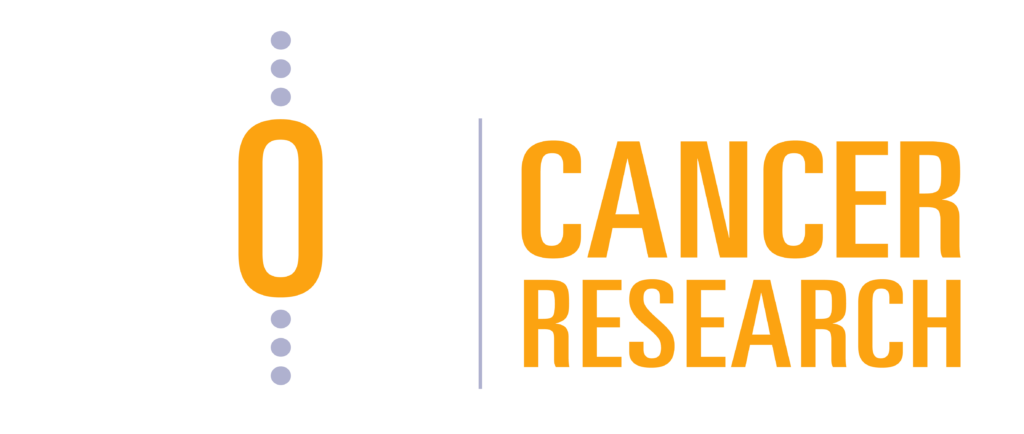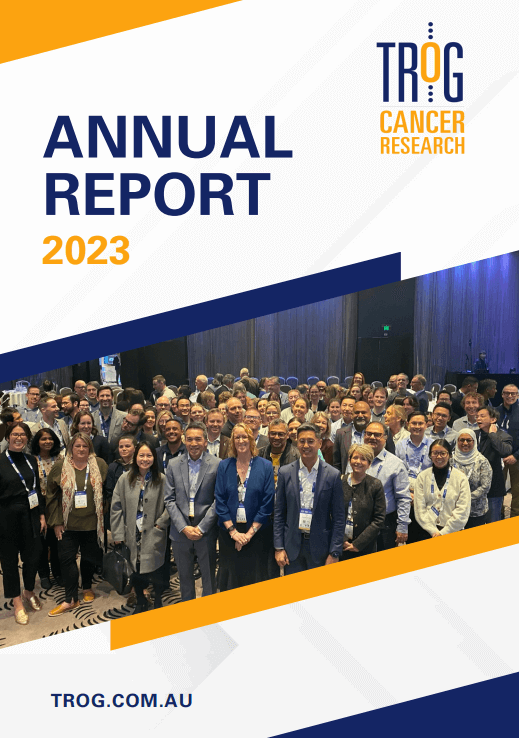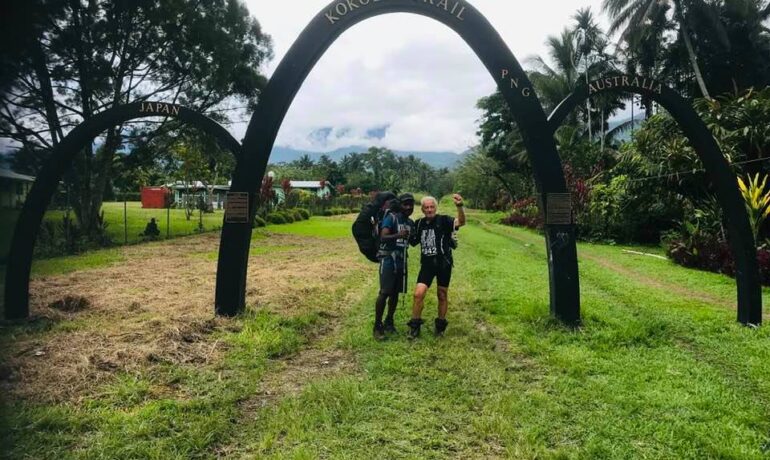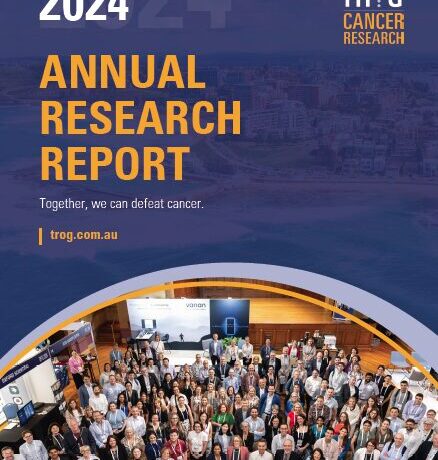The past year was marked by significant advancements, strengthening collaborations, and expanding research impact on a global scale, as TROG Cancer Research continued to lead and support impactful clinical trials.
The 2023 TROG Cancer Research Annual Research Report details achievements that include continued growth in membership, strong support from Facility Alliance members and the successful 2023 Annual Scientific Meeting (ASM) held in Adelaide, South Australia, which attracted 200 delegates.
Key facts and figures
Highlights of 2023 include:
- Growth to 1681 total members, including 196 full members
- 26 Facility Members across Australia and New Zealand
- 230 participants in clinical trials in 2023, bringing the total across the organisation’s 34-year history to 15,349
- 11 scientific publications about TROG trials
- 18 conference presentations about TROG work
“Our study portfolio includes groundbreaking trials like TROG 15.03 FASTRACK II, which has positioned Stereotactic Ablative Body Radiotherapy (SABR) as a new standard of care for those with inoperable primary kidney cancer,” Chief Executive Officer Ms Susan Goode writes in the report. “These trials not only contribute to the advancement of radiation medicine but also have a direct impact on improving patient outcomes for those affected by cancer
The report features the story of 76-year-old Charlie Sanders, a kidney cancer patient whose participation in the TROG 15.01 FASTRACK II Clinical Trial is a testament to the trial’s success. It also highlights TROG’s commitment to consumer engagement through placing the voices of patients, individuals with lived experience and the broader community at the forefront of all research endeavours.
President and Board Chair, Professor Trevor Leong, who completed his tenure in March 2024, described 2023 as a year of ”consolidating and reflection”.
“Some of the highlights over the past 12 months include successful face-to-face ASM with over 200 registrants; continuing trial activity with 32 open trials, 10 trials in development, and over 15,000 participants recruited from 140 clinical trials over our 34 -year history; new investigator-initiated trials developed collaboratively with other Cancer Collaborative Trials Groups; convening of our second Concept Development Workshop that was particularly successful in attracting new researchers to TROG; and awarding of the second RANZCR TROG research grant that supports early career researchers in conducting secondary data analysis research projects,” Professor Leong wrote.
Read the full report.
Related Post
Cancer Survivor to Take on Fifth Kokoda trek to Support TROG
LATEST NEWS: 26 June 2025 He may be 76
TROG 2024 Annual Research Report highlights a year of achievements
LATEST NEWS: 24 JUNE 2025 The latest annual report
